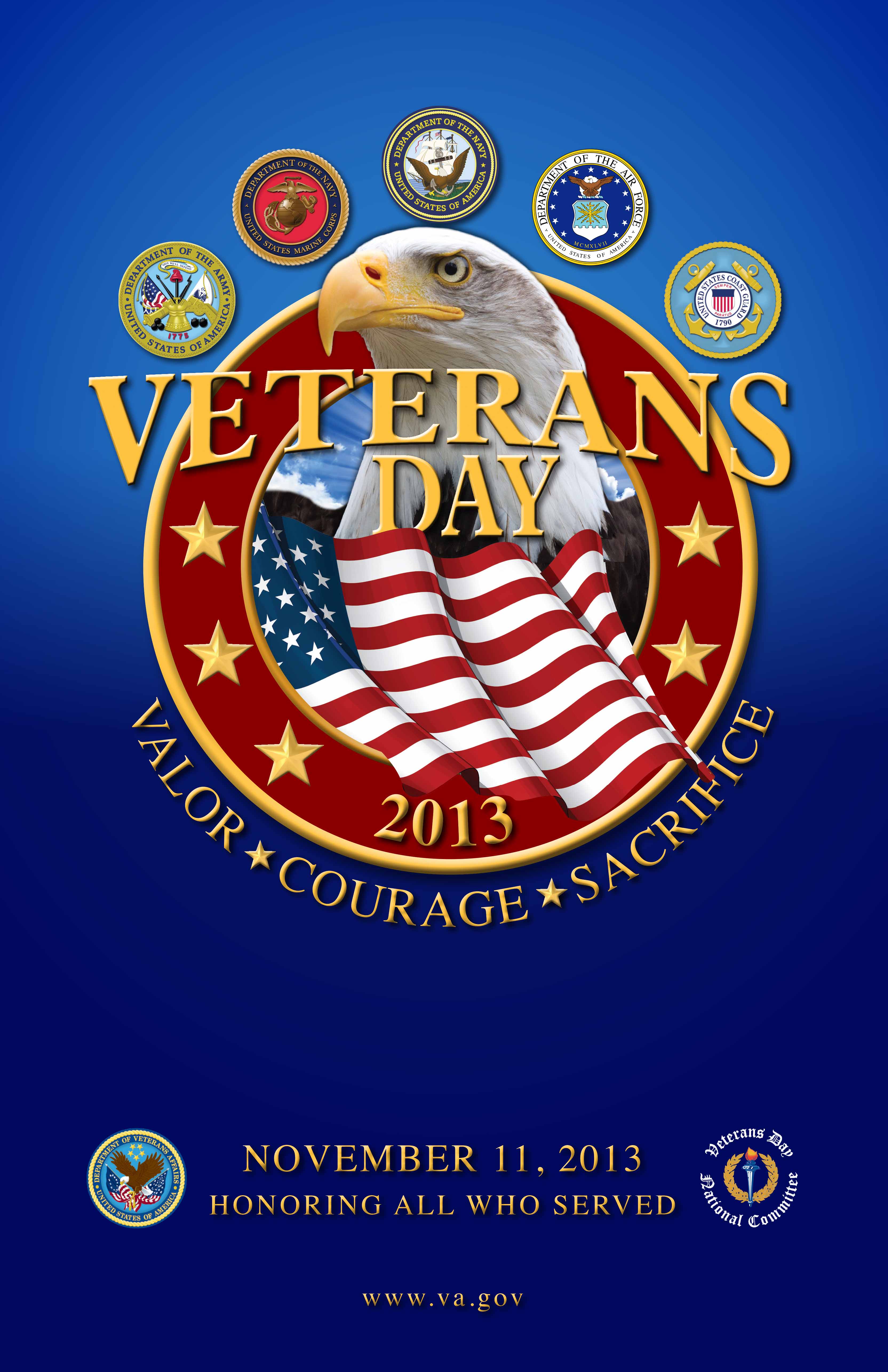
by Kathie MM
He doesn’t know it (yet), but on this Veteran’s Day, I am honoring a particular veteran, a former Marine, Ross Caputi, for his enduring courage.
It takes courage for anyone, in or out of military uniform, to face death, injury, terror, loss. It takes an extra dose of courage to speak out when you recognize that you have been duped by your government, tricked into participating in an unjustifiable bloodbath.
In November 2014, Ross provided a veteran’s perspective on Veteran’s Day: Inconvenient memories: Veteran’s Day 2014.” The message of that essay, excerpted here, is as crucial as ever.
“Most Americans believe Veterans Day is a day of remembrance; in reality, it’s generally a day of forgetting.
On Veterans Day, people applaud as veterans march in parades, wearing their medals and fancy uniforms. People who have never seen or smelt war’s rotting corpses bask in an atmosphere of pride and patriotism, suppressing inconvenient memories of hundreds of thousands of civilians killed in Iraq, millions in Vietnam, hundreds of thousands in Korea, and so on throughout our nation’s short and bloody history….
On Veterans Day, we are called upon to remember America’s wars, sanitized of the harm they brought to countless victims around the world, and abstracted from their historical and political context. We are asked to support our veterans while forgetting the reality of what they participated in…. But my experience as a Marine in Iraq [see series on engaging peace starting in May 2012] has forever changed the way I look at war and the way I feel about being a veteran.
Let’s change the way we celebrate Veterans Day. Let’s make it a day of learning, not forgetting. Let’s be sympathetic to the ways veterans have suffered without ignoring the suffering of civilian victims. Let’s teach and learn about the wars in which our veterans have participated…. Let’s end the reflexive support for popular mythology, the jingoism, the cheer leading, and the forgetting. Let’s refuse to encourage the next generation to follow in the footsteps of today’s veterans.”
Note from Kathie MM: Amen.
Ross is the founding director of the Justice for Fallujah Project. He is also the director of the documentary film Fear Not the Path of Truth: a veteran’s journey after Fallujah


